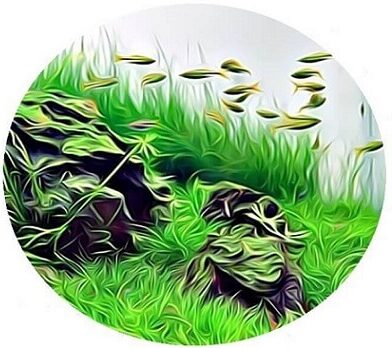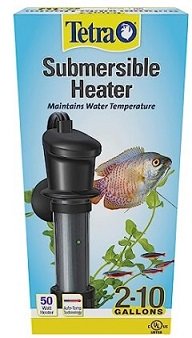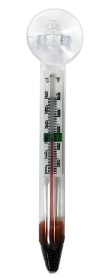Betta Fish Ultimate Guide
Betta fish are a trendy pet for many reasons, and there are a lot of misconceptions about them. Can two betta fish live together? Do they need a heater and light? How long can betta fish go without food, and how do they sleep? Should I have some plants so they will be happier?
This Betta Fish Ultimate Guide will answer these questions and much more.
This is an Artificial Intelligence Generated Image of a Betta Fish ! The perfect creation through the AI eyes.
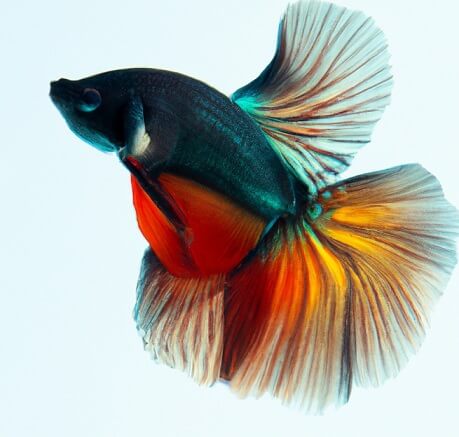
Table of Content
Are betta fish easy to keep alive?
Betta fish are relatively easy to care for and keep alive compared to some other aquarium fish.
They live happy lives alone (some fish species need others of the same species to feel protected and not get stressed), don’t require a specific type of water (very acidic or very alkaline), and handle water or hard water very well, they still need proper attention and care to ensure their well-being.
Please do a big favor to you and your betta fish and read this article to ensure you are giving them a healthy life.
About Water
What is the Ideal water pH and Ammonia for betta fish?
The ideal water pH and Ammonia for betta fish is a pH between 6.5 and 8, and Ammonia, Nitrites, and Nitrates very close to zero.
Bettas are resistant, but it doesn’t mean you should not take care of your tank’s water.
Monitoring and adjusting your aquarium’s water is essential.
You can read more about how to measure, increase or reduce pH, Ammonia and other Water Parameters here.
By the way, sudden changes in your water will kill or weaken your betta fish.
What Temperature Should My Betta Tank Be? Do bettas need a heater?
You betta tank temperature should be kept between 78-82 degrees Fahrenheit / 26-28 degrees Celsius. Your aquarium’s water temperature must be controlled, so yes, your betta tank needs a heater.
Sudden temperature changes can weaken your fish, impairing their immune system. If you need to adjust your water temperature, do it slowly.
You should have a thermometer to know the temperature and an aquarium water heater to warm the water when necessary.
Check this beta fish water heater and thermometer.
Water Filtration
People will say betta fish don’t need a water filter because they are used to living in stagnant and dirty water. The problem is that your tank is not a natural and complete environment like a pond or lake with an entire ecosystem.
Do Bettas need water filter?
Bettas need a water filter as food scraps, fish urine, and feces become Ammonia, which is toxic for fish and must be removed from the water. Water filtration, mainly biological filtration, is essential even in a betta fish tank to keep ammonia levels under control (read more about biological filtration here and how to grow your good bacteria here).
Curious about Ammonia and how to measure and reduce it? Check this article here.
If you want to learn about different types of water filter, check this article.
An alternative to having a water filter would be to do weekly water changes. Still, considering the water filters’ price, you should buy one. If you prefer to keep doing water changes, we will talk about this process later.
What’s The Best Filter For a Betta Fish Tank?
The best 2023 filter for a betta fish tank is the Fluval C2.
It is bigger than the others, so you have additional space to put more biological media, foam/mechanical filter in the same device.
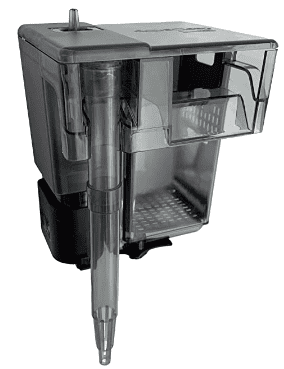
You can also use a Sponge or Canister filter. Read more about all the water filter models and their pros and cons here.
Which fish is compatible with bettas? Can I place my Betta with other fish species?
Known as “fighting fish” due to the predominantly aggressiveness between males of the species, they are friendly with other fish species.
Males are highly aggressive with each other. The same occurs with females when inserted in small spaces and few refuges, where usually the largest will assume the dominant role, attacking the others.
Can I have two bettas in the same aquarium?
Bettas can be very aggressive towards each other within the same aquarium, especially if there are two males who will fight for territory dominance. So avoid more than one male in the same tank.
Males and females can also get hurt because of possible reproduction (the period when they become very aggressive).
You can have both together only if you are looking to breed them for a short period (and be aware this will be a stressful time for them).
Can I place my Betta with other fish species?
Yes, you can place your betta with other fish species – the so called community aquarium but avoid the presence of very fast swimming fish or with habits of nibbling other fish.
Keep reading to see a list of good teammates and those you should avoid.
You can use my “How Many Fish in a Tank” Online Calculator to help you to figure out how many of them you can have in your tank.
Good and Recommended Teammates for Betta Fish
Here you have a list of good and recommended teammates for your Betta Fish
- All kinds of snails (not very small ones)
- Harlequin Rasboras
- Ember or Lemon Tetras
- Kuhli Loaches
- Cory Catfish
- Neons (all of them)
- Guppies
I have 3 Panda Kuhli Loaches with my Betta.
Watch this video where my Betta plays with one of my Kuhli.
Avoid these tankmates
These are some examples of bad options to keep with your betta.
- Other bettas
- Puffers
- Angelfish
- Tiger barbs
- Cichlids
- Goldfish
- Gouramis
What Lighting Do Betta Fish Need?
Betta Fish don’t need a particular type of light, but like all kinds of fish, they need a photoperiod.
They should have “days and nights”.
The ideal thing is to use suitable lighting fixtures and create a schedule for them to be turned on throughout the day (such as 7 to 12 hours with light)
It is vital to have the moments of no direct light (very dark period) so they can fully rest.
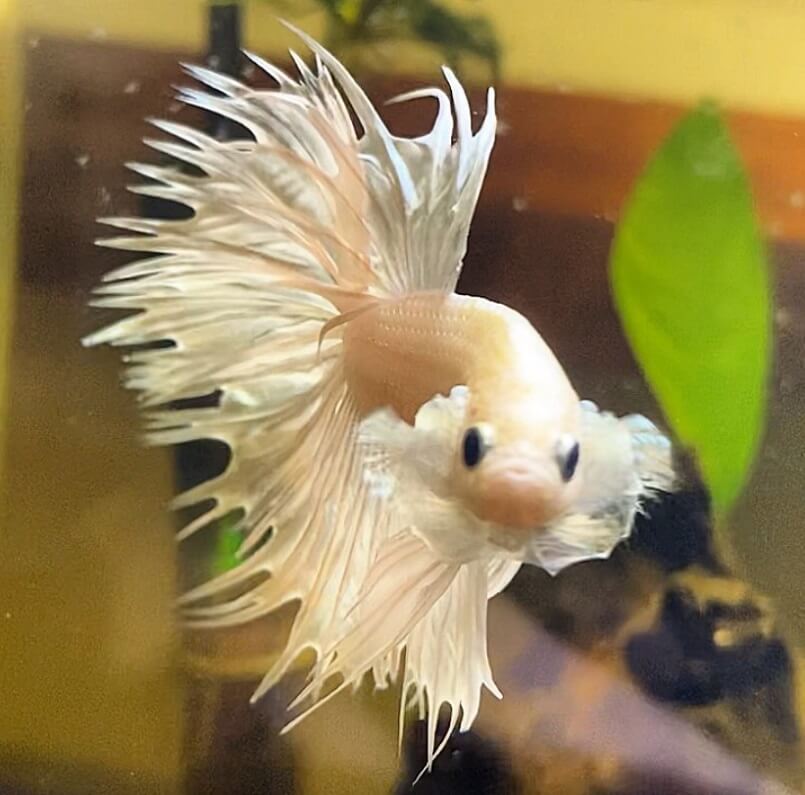
Do bettas need sunlight?
Bettas don’t need sunlight specifically. They need a photoperiod (days and nights). Sunlight is actually not a good idea as it stimulates algae to grow in your fish tank.
What Size Aquariums Do Betta Fish Need?
Betta Fish needs at least a 5-gallon aquarium (20 liters) for one betta fish. They are just like any other fish and need and deserve adequate space.
It’s not because they are sold inside those little pots that you can leave them in small containers.
How to Set Up a Betta Fish Tank
To set up a betta fish tank you should follow the same steps as every other fish tank setup. It is a very straightforward process if you follow the proper sequence.
You will need to:
- Find the place you want to put your tank, avoid direct sunlight, and make sure you have a power outlet close to it.
- Prepare the water you are going to use. If you are going to use TAP water, make sure you use a water conditioner to remove chemicals like chloramine. You can use Distilled or RO water as an option. Read more about the conditioner or Distilled and RO Water here.
Do you prefer to read a more detailed step by step? Check here.
Attention, do not put your betta in the tank until you are sure your water and filter are ready for them. This is called cycling your water. This process will grow good bacteria in your filter, water, and substrate that will, later take care of your fish waste.
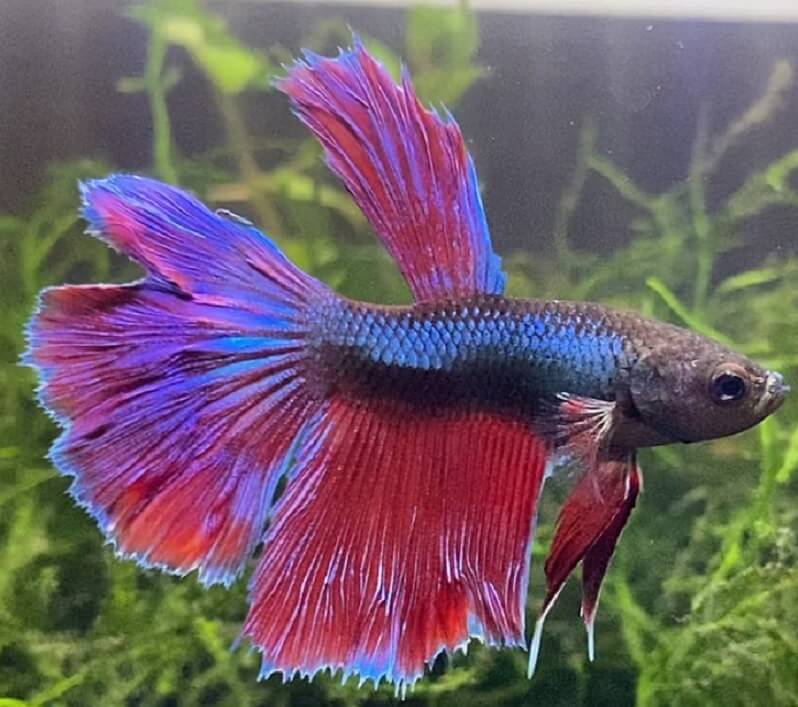
Do plants make a difference for betta fish?
Plants make a difference for betta fish. Even artificial plants do. Bettas are often alone and plants will give them a space to rest from the light and to hide if needed.
They are the best way to create a healthy and happier environment in the aquarium.
Best plants for betta fish
Bettas really enjoy plants. You can pick the plant you want. All of them will work with them.
Some examples are:
Best floating plants for Betta
Floating plants are also very good for bettas as they create a shade place for them.
Some examples are:
Feeding your betta fish
What Do Bettas Eat?
Bettas eat all kinds of food. The same food you give to other fish is suitable for betta.
The best combination is a mix of floating food (flakes) for some days, switching to granules for 2 or 3 days and dried blood worms one day per week.
This combination will allow your betta to feed on floating food (pretending they are eating insects in the water), scavenge for food on the bottom, and eat some proteins coming from blood worms.
How Much Shall I Feed a betta fish? How often to feed betta fish?
Your betta fish should receive food once a day and as much as they can eat in one minute.
You can use standard betta fish pellets and, one time per week, freeze-bloodworms.
It’s easy to overfeed them as they eat fast and a lot.
Ensure his belly does not become swollen with food. A bloated betta is common and can cause constipation and other health issues.
How long can betta fish go without food
Betta Fish can go without food for 4 to 6 days. Fasting is actually recommended every 2 to 3 months.
Bloated Betta
It happens, and it’s common to happen. You look at your betta, and you feel he/she is bloated.
What causes a bloated betta?
There are several reasons, and I will discuss the most common one: the “food” or the “feeding routine”.
Bettas eat too much. If you notice they are not eating like they usually do, chances are he is constipated
Bloated Betta treatment
The treatment for this condition is very simple.
Usually, fasting your betta for two to three days is sufficient to get their bowels moving properly again. Try to play with him to force him to move.
After two or three days, start feeding him with some betta live food (live or frozen) like, for example, frozen bloodworms.
Go slow with his feeding routine. Check the previous paragraph to see how to feed them properly.
Best Betta Food
As mentioned before, the best combination is a mix of floating food (flakes) for some days, switching to granules for 2 or 3 days and dried blood worms one day per week.
These are the ones I recommend.
Floating food (flakes)
Tetra Color Plus Flakes
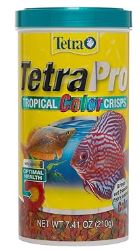
Granules food
Tetra Pro Fish Food with Color Enhancer – Crisps
Blood Worm
I like to buy the Frozen Bloodworms. You can find them in pet stores.
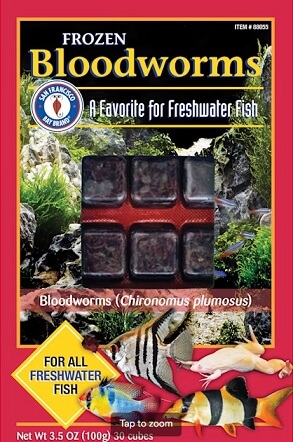
Why are they so beautiful?
Our domestic bettas as quite different from the wild ones. Ours are obtained through artificial selection. They usually have long fins and colorful bodies, while wild ones have short fins and are larger and more aggressive.
Is it true they can atmospheric air?
Bettas can breathe atmospheric air thanks to organs called the labyrinth. This organ is formed by a modification in the first branchial arch, highly vascularized and richly irrigated by blood vessels, which makes the air pass very close to the bloodstream, providing the exchange of oxygen with the blood through diffusion.
That is the reason why Bettas can live in oxygen-poor but unpolluted water.
Why do betta fish fight?
Betta fish fight to establish a territory; by doing this, they ensure they will have enough food, shelter, and access to females.
Betta fish may also fight when stressed, protecting their eggs, intimidating other tank mates, or living in overcrowded tanks.
Many other fish have the same behavior; it is a common cause of aggression in many fish species.
These fish fighting can be potentially lethal, so you must take practical steps to prevent them from fighting.
As a rule of thumb, avoid placing more than one male betta fish in the same tank.
Female bettas are not usually aggressive to each other, and it is common to keep them in small groups.
Providing enough space and hiding places in the tank is also essential.
Behavior
Bettas are very intelligent and can quickly become a pet.
You can even train them to interact and exercise. They already interact a lot with us, even without training.
He can come forward when we get close, you can put food on your finger so he can go and get it, and he can make small jumps to get the food, for example.
Training your betta fish
Thank you, @tiffsfish, for this amazing video. For more from @tiffsfish click here.
Betta Fish Toys
Here we go with some toys you can use to interact with your little friend.
I have used one of these to make my Betta happy.
Floating Betta Exercise Mirror
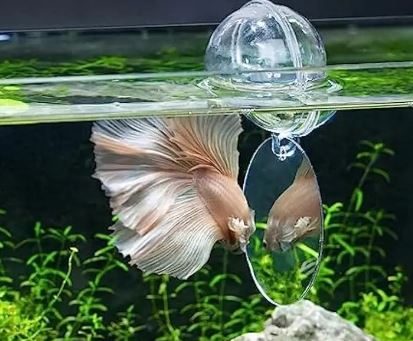
I have seen people using this one too.
Why is my betta fish swimming sideways?
A betta fish swimming sideways indicates something is wrong with your water parameters.
It could also be a disease called “swim bladder infection”, but let’s start with the common causes first.
Water Parameters
Check your fish tank water to see how clean it is. Make sure your water filter is working properly and you are doing TPAs (water changes from time to time).
Avoid significant and fast water changes. Bettas are susceptible to sudden water changes and easily get stressed, even with a minor adjustment.
Do water change slowly!
Your fish tank ammonia level must be zero.
Please read this article to see the ideal Nitrate, Nitrite, Chlorine, and pH levels and how to adjust them.
Incorrect Water Temperature
Another critical point to be checked is the water temperature.
Bettas require warm water.
Check this topic for more information about ideal temperatures, water heaters, and thermometers.
How long does a betta fish last?
Beta fish longevity is an average of three years (2-4 years) in an aquarium with proper care (in captivity). In the wild, they leave, on average, for two years.
When you buy a Betta fish, they are already about one year old. Males are kept for about one year to mature, so their colors and fins are well-developed.
Females may be sold at a bit younger age, but they will generally be at six months old already.
What is a betta fish life span?
Betta fish live an average of three years (2-4 years) in an aquarium with proper care (in captivity). In the wild, they leave, on average, for 2 years.
When you buy a Betta fish, they are already about 1 year old. Males are kept for about 1 year to mature, so their colors and fins are well-developed.
Females may be sold at a bit younger age, but they will generally be at 6 months old already.
References
Betta Fish Organization website: here
College of Veterinary Medicine – Illinois website: here
The Aquascape.Blog webpage here has good information too. Check their website.
I hope you liked this article.
I suggest you this other one as your next reading: Fish Tank Basics
